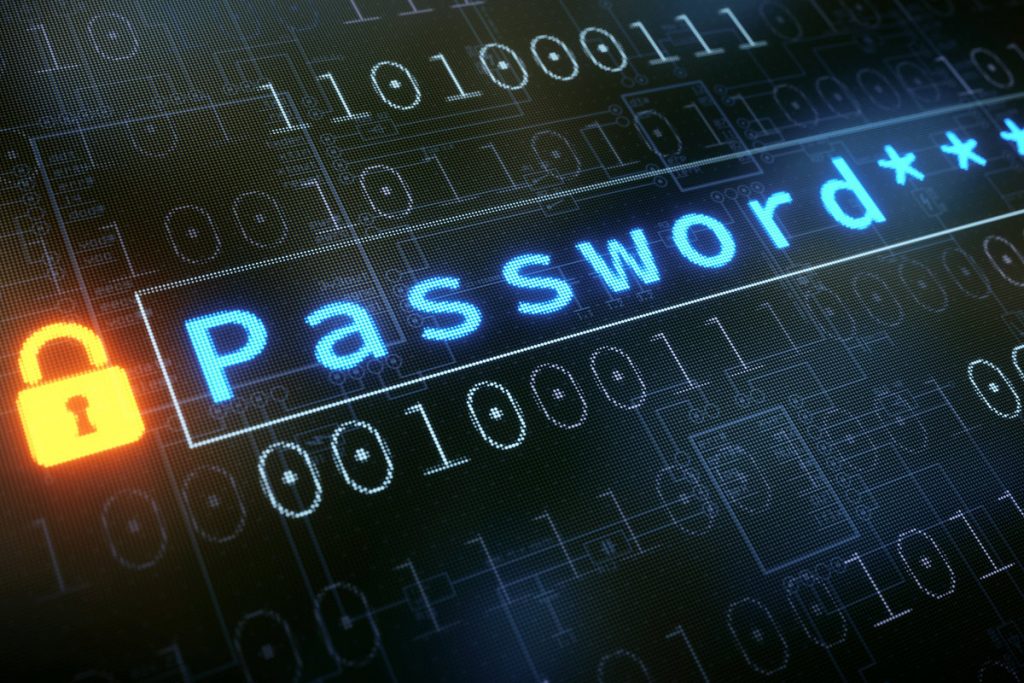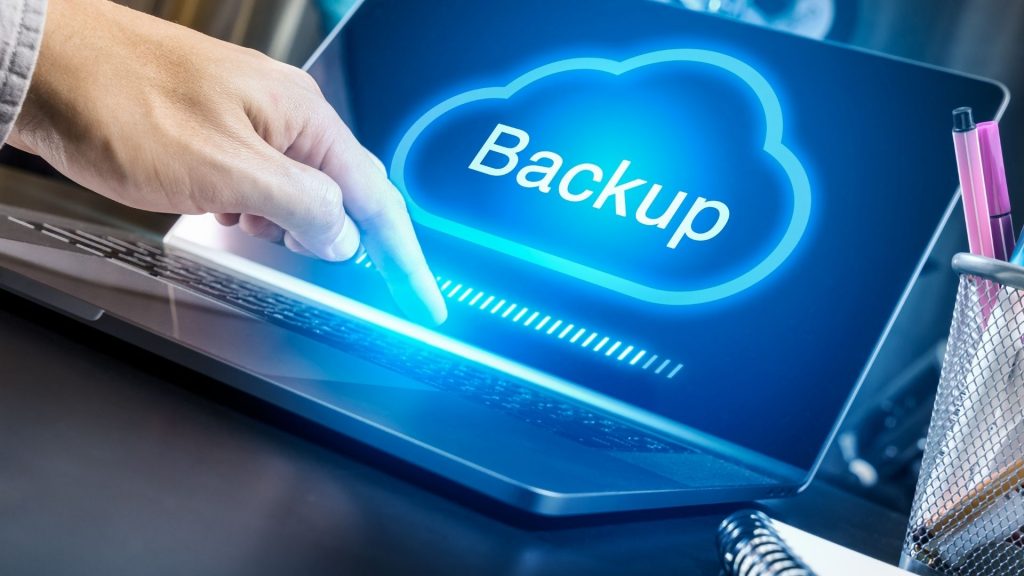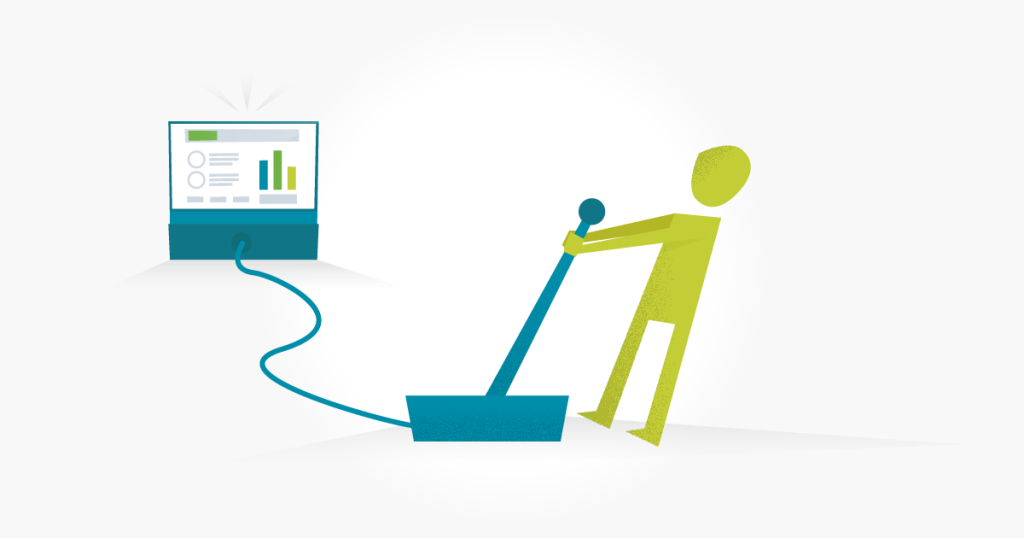
When we talk about websites, research indicates that approximately 64% of the small businesses own a website, whereas 29% of the small businesses plan to create one in 2024.
Business owners dream that digital infrastructure will help them expand their business, taking it to the next level. Hence, they plunge into making a website unaware of the digital dangers lurking in the market.
Are you aware that a hacker attack happens every 39 seconds? Shocked, aren’t you?
This requires proper digital security to keep hackers away from penetrating your website. In the case of a physical store, physical security comes in the form of security guards and surveillance cameras, but in a digital store, the security measures differ.
This article will discuss the best practices to secure your website in 2024, irrespective of any sensitive information present on the same or not. But before that, let me brief you about web security and its importance in the digital world.
Table of Contents
What is Web Security?

img source: technorizongroup.co.uk
Web security, or cybersecurity as you name it, is the process of securing your website and web applications from cyber-attacks and hackers.
Importance of Web Security:
- Apart from website security, other benefits include:
- Prevents loss of data
- Increases brand trust
- Increases SEO ranking
- Prevents revenue loss
How to Secure a website?
1. Make Your Passwords Uncrackable:

img source: webcorelab.com
Passwords are the gateway of your digital infrastructure. Simple and easy to guess passwords can land your website in trouble with successful hacker attempts.
Since passwords serve as shields to hackers, ensure that your passwords are a tough nut to crack.
Tips:
- Use a long password
- Use a typical phrase or a combination of multiple phrases
- Use a combination of uppercase and lowercase alphabets, symbols, and special characters
- Avoid easy to guess passwords or sequential alphabets on the keyboard
- Avoid the use of personal details
- Keep different passwords for different accounts and never reuse them
Last, but not least, use Password Manager tools like LastPass or Keeper to store your passwords.
2. Install SSL Certificate:
Never underestimate your customers because they have a basic idea of web security and the necessary precautions which need to be taken by them while doing online shopping.
Their trust in the website depends on the security systems visible on the website.
The most important web security solution is to install an SSL certificate on your website. This digital certificate is also called Secure Socket Layer. This is because it secures your website data (browser-server communications) with an encryption tunnel.
Other web securities may not be visible on the website, but when a website uses SSL security, it portrays its trust icons, like HTTPS (hyper-text transfer protocol secure) in the address bar and a padlock in the URL.
These trust icons and PCI (Payment Card Industry) compliance give confidence to customers to trust the brand and website with their payment transactions.
If you are confused about where to buy SSL certificates, Cheap SSL Shop is the best solution. Cheap SSL rates, instant SSL availability, multiple choices of global brands, unlimited re-issuances and server licenses, money-back guarantee, etc., are the positives.
Example:
Comodo Positive SSL Wildcard certificate is issued in 10 minutes and secures the primary domains and multiple first-level sub-domains of your website.
3. Keep Your Website Up to Date:

img source: us.hitrontech.com
Just as you keep your visitors updated about your new products to stay in the competition, keeping your website and software updated regularly is also extremely important.
A majority of the web builders take care of site security updates, but if you are using CMS platforms like WordPress or Magento, you need to specially take care of keeping your website updated.
The web security plugins installed on your website also need to be updated because if they are outdated, the chances of being vulnerable to cyber threats increases.
Hackers are very smart and always look for security vulnerabilities in websites for system penetration and performing malicious activities. To outdo them, you need to be vigilant and update your site software regularly to patch security vulnerabilities.
4. Use Tools to Monitor your Security:
Installing online tools or security plugins, as you name it, prevents your website from hacker attacks. They monitor network traffic and send alerts in case of suspicions. They also protect your systems against brute-force attacks, unauthorized entries, and hacker attacks.
Cyber-security tools like:
Intruder – This is a Cloud-based vulnerability scanner that checks security loopholes, web application flaws, threat alerts, etc.
Norton Anti-virus Plus – This gives protection against ransomware and malware, gives PC cloud backup facility, Firewall for PC and MAC, ensures complete virus protection, and secures VPN, etc.
Other Network security penetration tools like WireShark and Kali Linux are also available, whereas WordPress security plugins like Jetpack and WPScan also help in strengthening your website security.
5. Backup your website:

img source: wirelessnation.co.nz
Apart from running site updates regularly and keeping security tools updated, taking site backup is equally important. Emergencies happen instantly, like a hacker attack or system crash, and if your site backup is not in place, your online business may land on the verge of shut-down.
Statistics indicate 60% of the companies missing on backups are out of business in 6 months.
Backups not only help in the restoration process in case of contingencies, but they also make you stand up again very easily during your fall time. In addition, backup software protects business data by copying data from desktops, servers, and other databases to remote locations like external hard drives or into the cloud.
There are multiple types of backup, of which full backup is recommended every month, whereas differential or incremental backup is recommended every week.
6. Limit User Access:
Human error is responsible for 95% of the breaches. Hence your employees need to be aware of the current cyber-threats, the symptoms of cyber-attack, and the security measures to deal with them.
Apart from providing employee training on web security, one of the best ways is to limit the access of websites to your employees.
Ensure that each employee has access to only that information which they need for their profile. Restricting admin accesses and read-only accesses also help in curbing cyber threats.
The IT department should take care of allotting personalized login credentials to avoid password sharing and deleting access given to employees who have left the organization for tightening the web security.
7. Manually Approve Files or Comments:

img source: blog.testlodge.com
Hackers resort to all sorts of shady ways to enter your database. Comments of customers, contact forms, or file downloads are some of their gateways for penetration into your network.
Though comments are best to improve user engagement, they are open gates for bots and trolls waiting to send a spammy comment/link for entering your website. With the help of SQL injections, they can compromise your database, forms or set up harmful phishing links.
When a customer clicks on the fake link, their data is exposed, which can be misused.
Hence all these loopholes must be sealed by personal monitoring, reviewing, and manually uploading the same. This is the only solution to detect any suspicious comment or link. So delete the same before they enter and harm your digital infrastructure.
Few other Security Measures:
- Install Anti-Malware Software for detecting and preventing malware
- Use a WAF (web-application firewall) for shielding your site against malicious code
- Update your themes to patch security loopholes
- Implement MFA (multi-factor authentication) for dual security
- Set and review activity logs for suspicious changes
Stay Secured:
Securing your website and customer data is an ongoing process. So, opt for a hosting provider who ensures maximum security and necessary security updates for protecting your website against hackers. Hope the above-mentioned security solutions help you in safeguarding your website against cyber threats and cyber-criminals. All the Best!!







